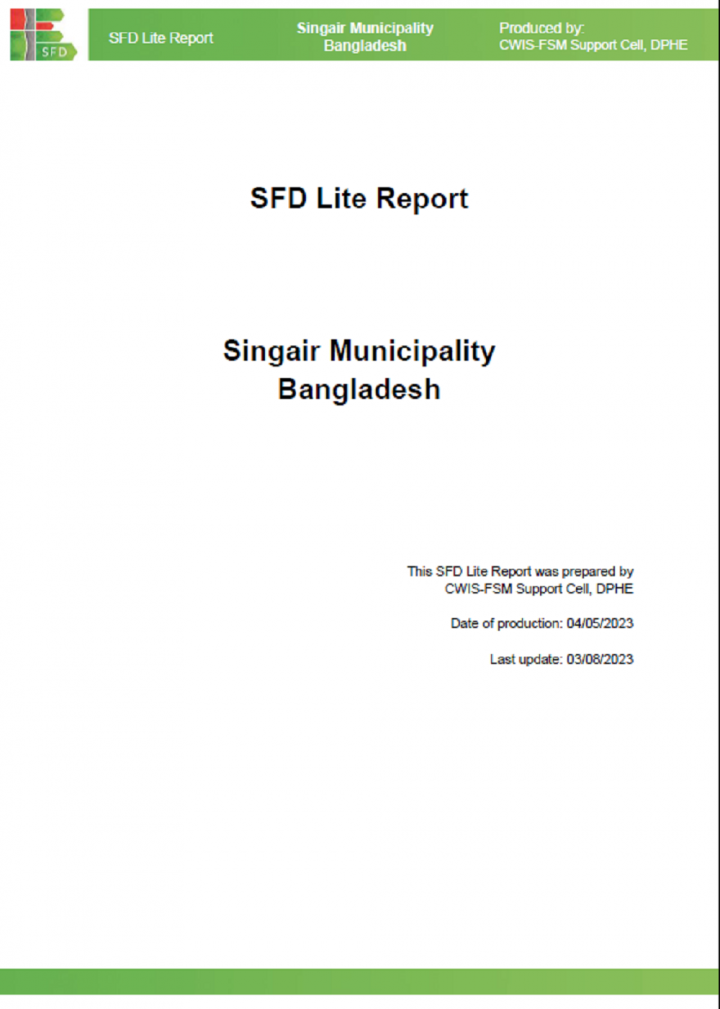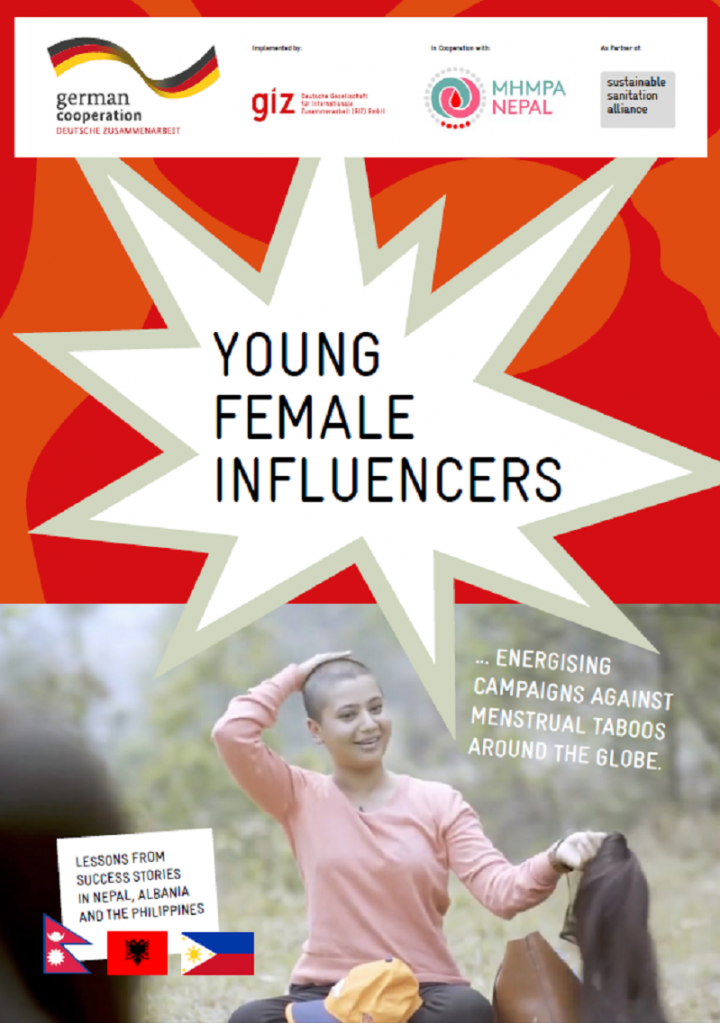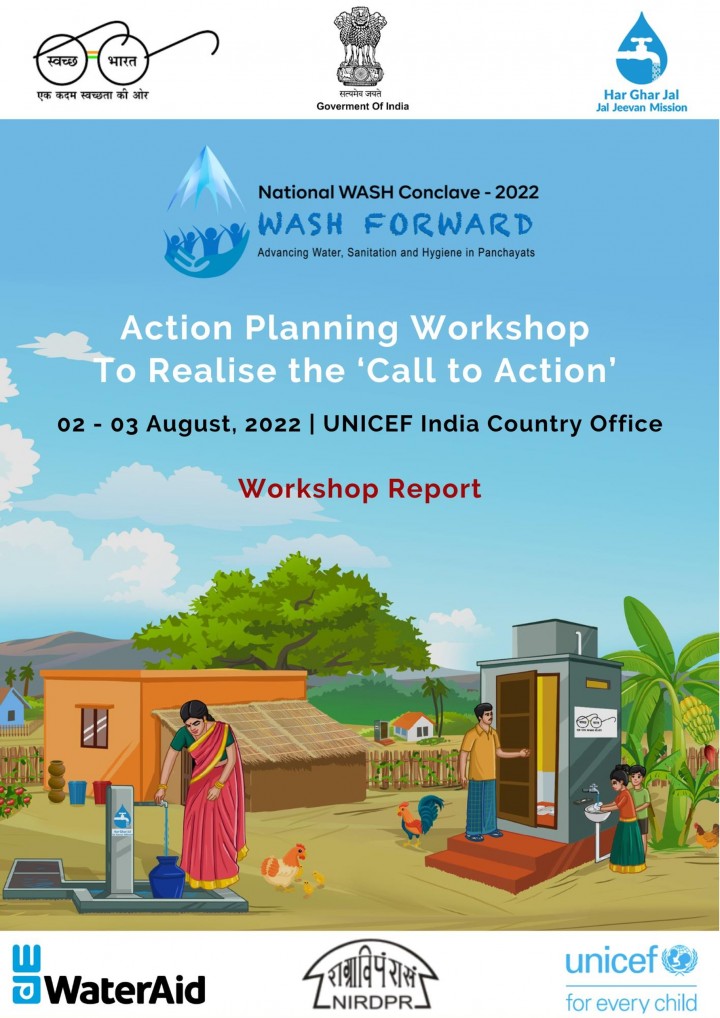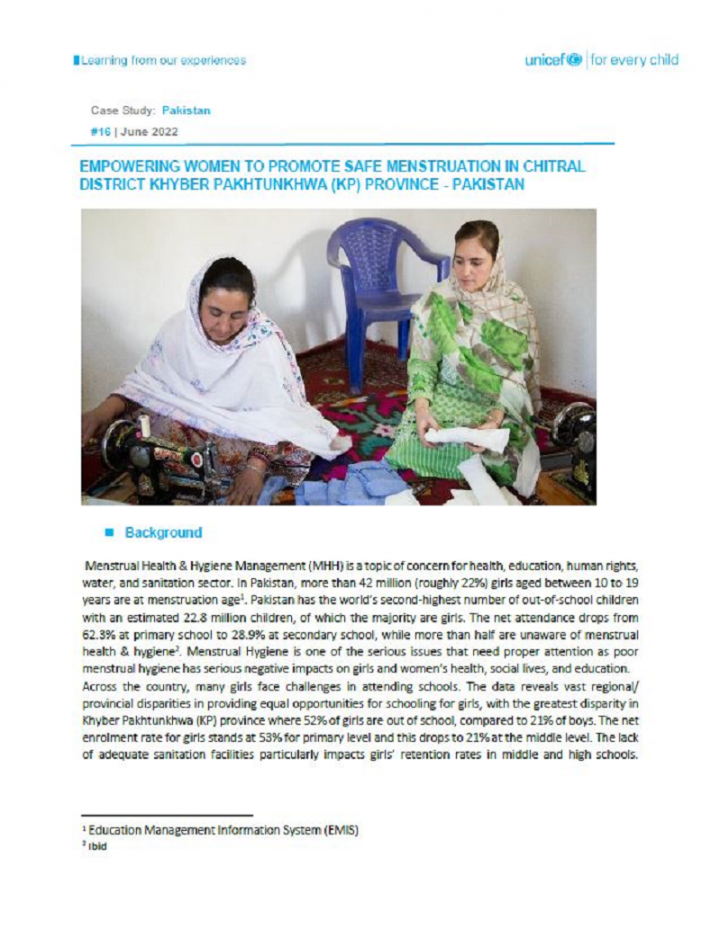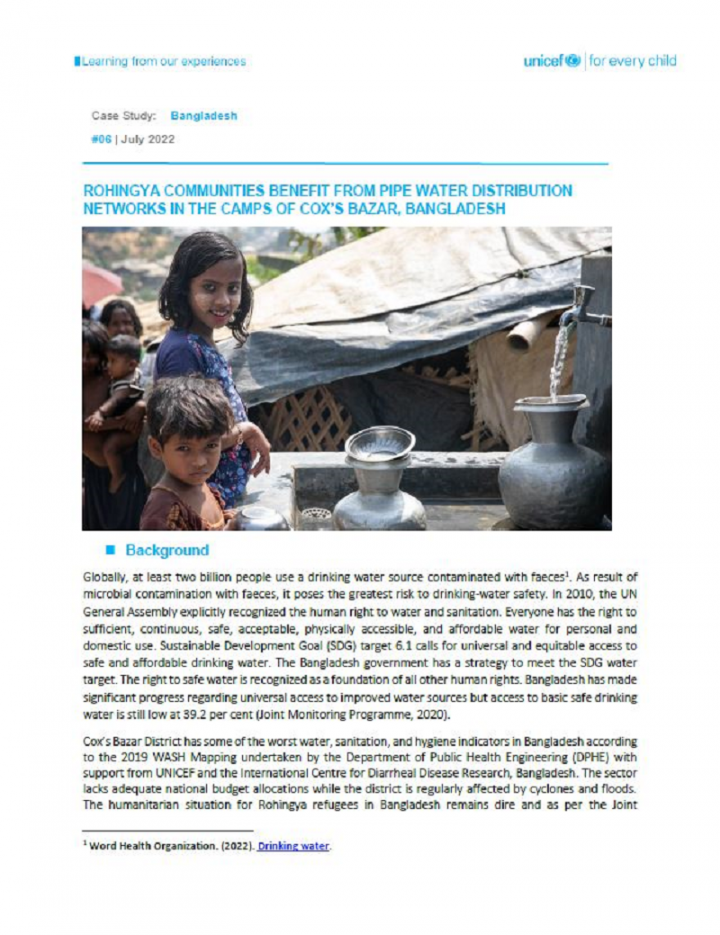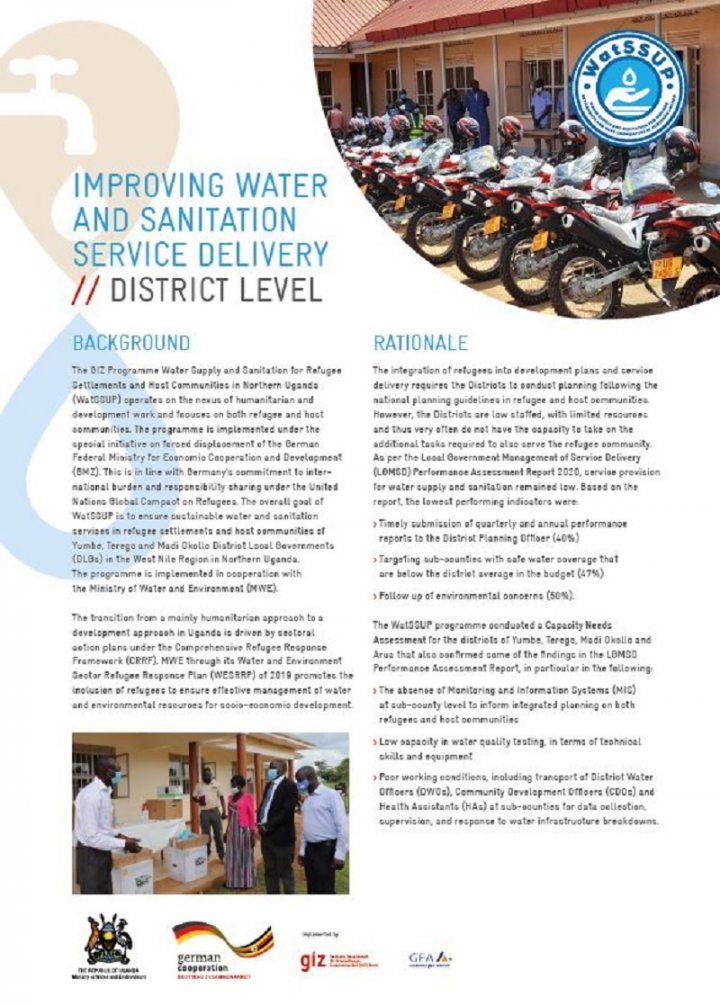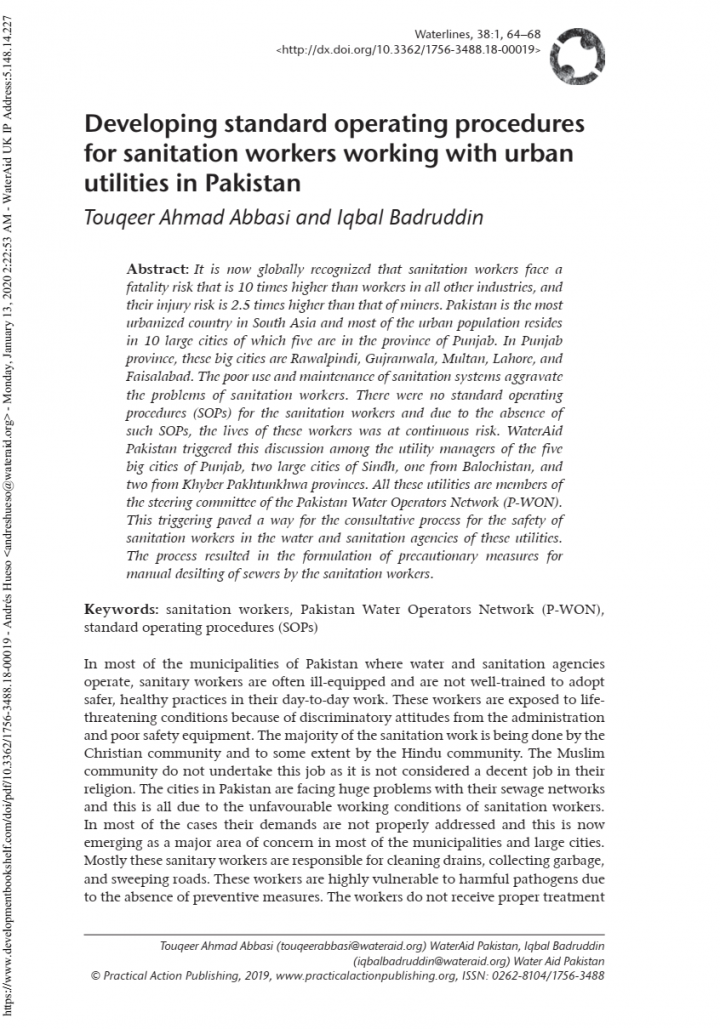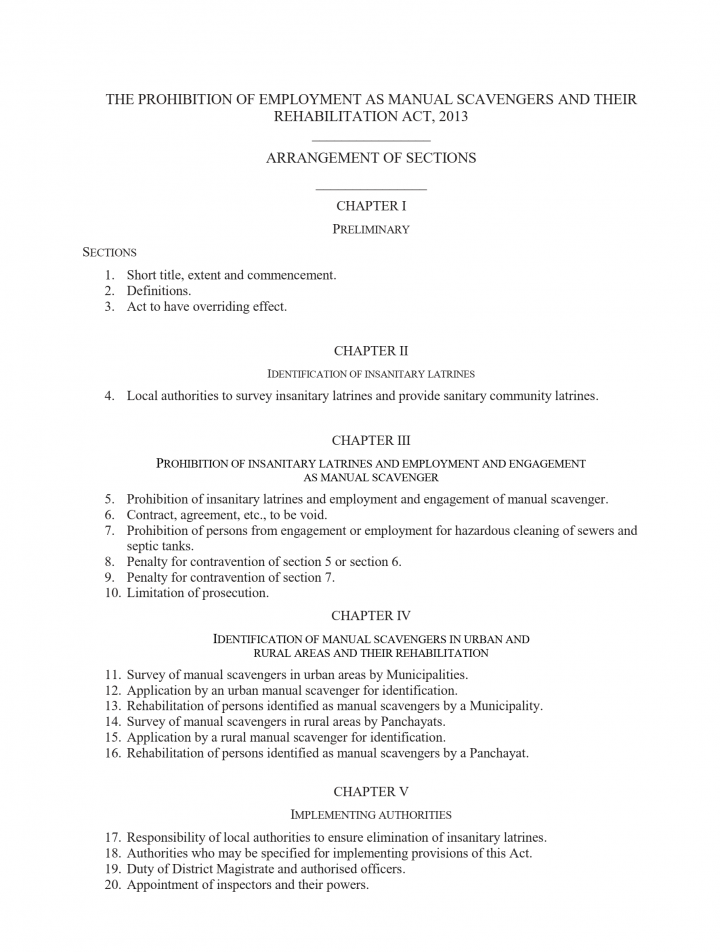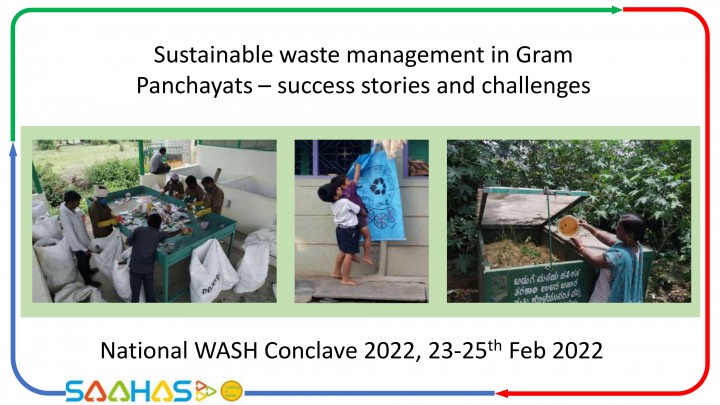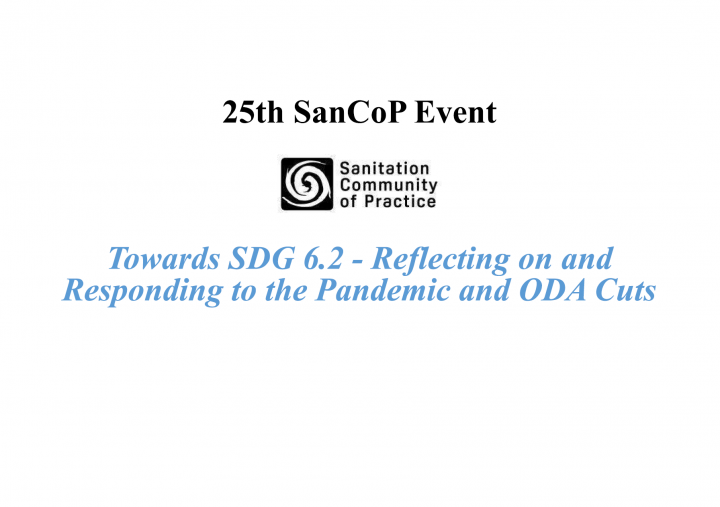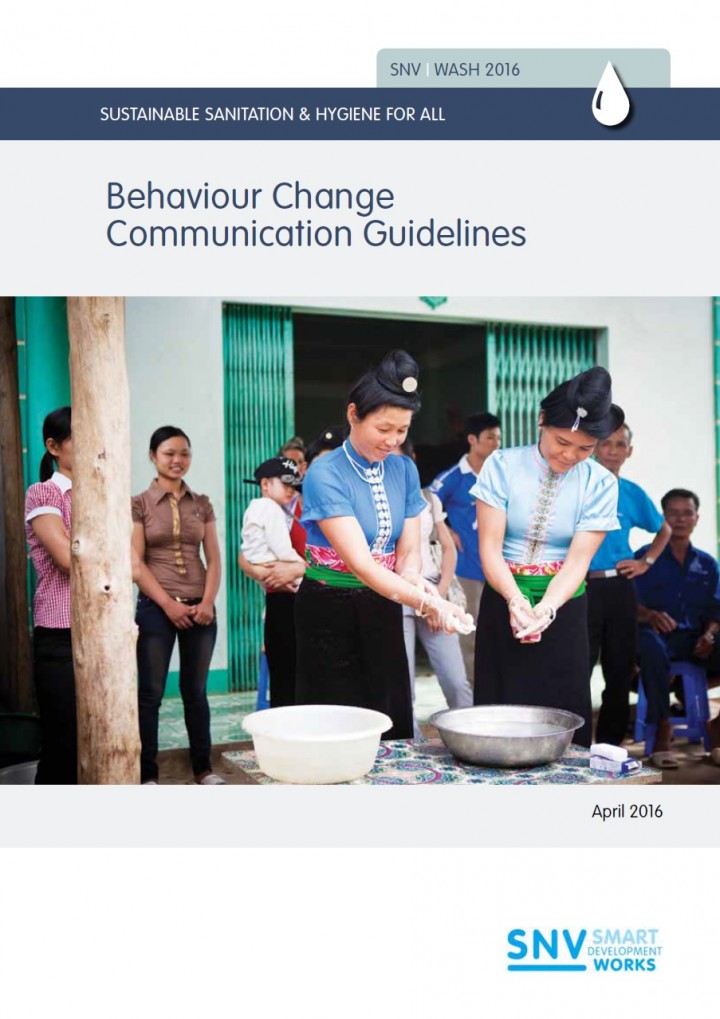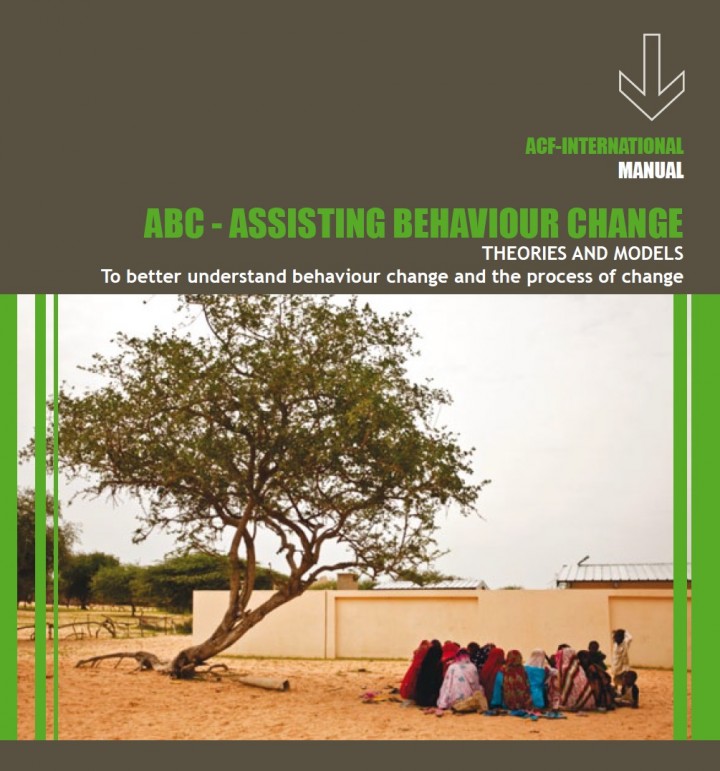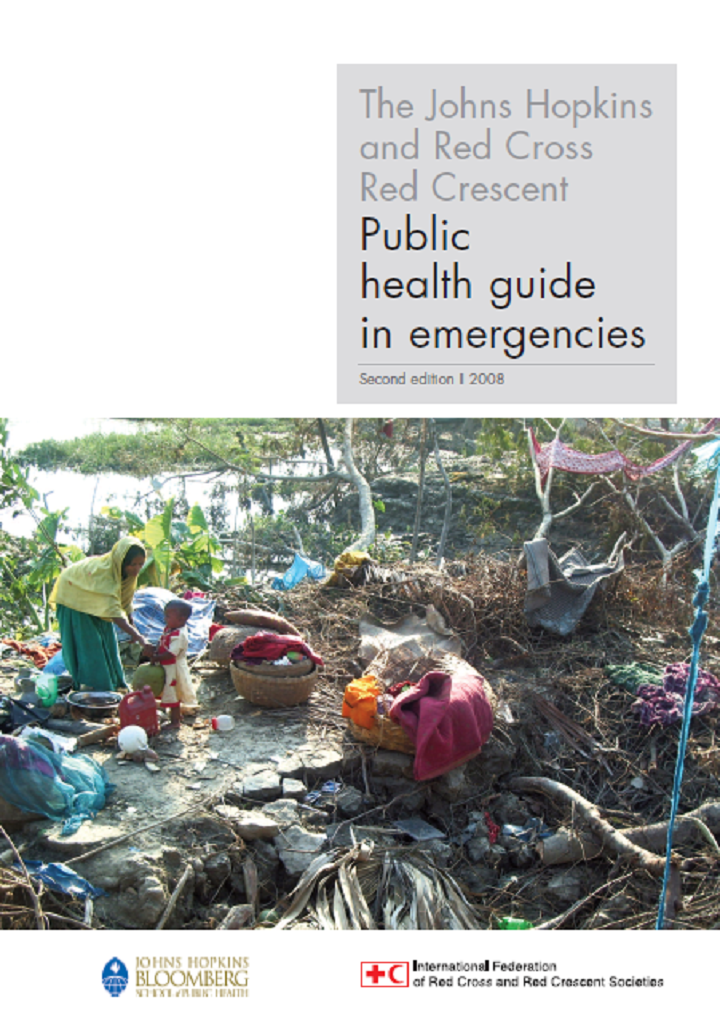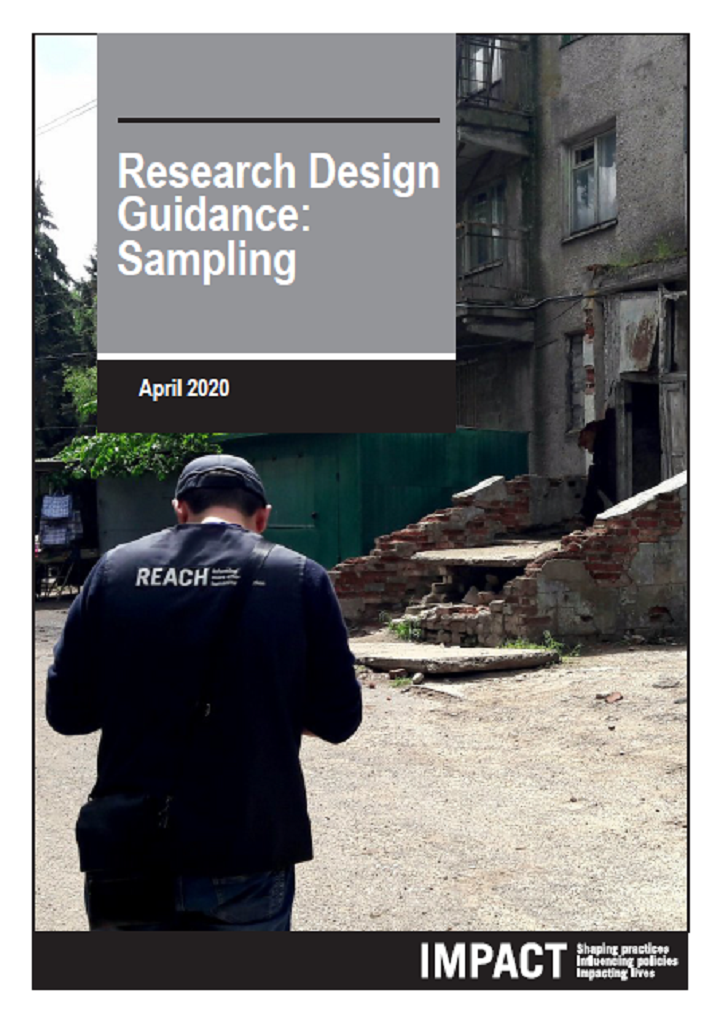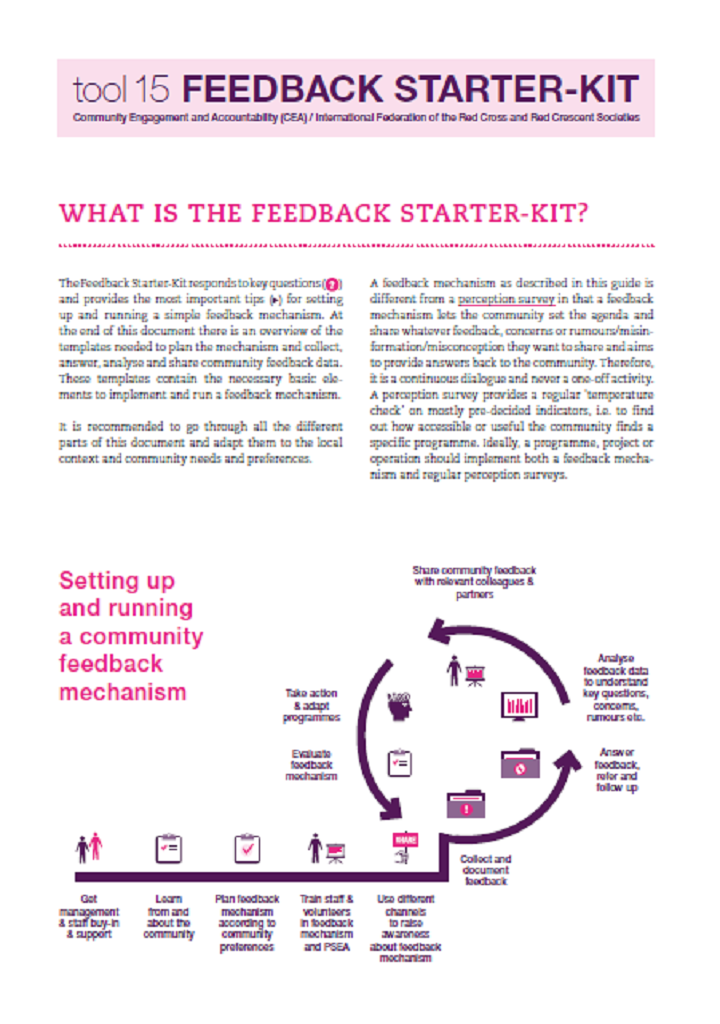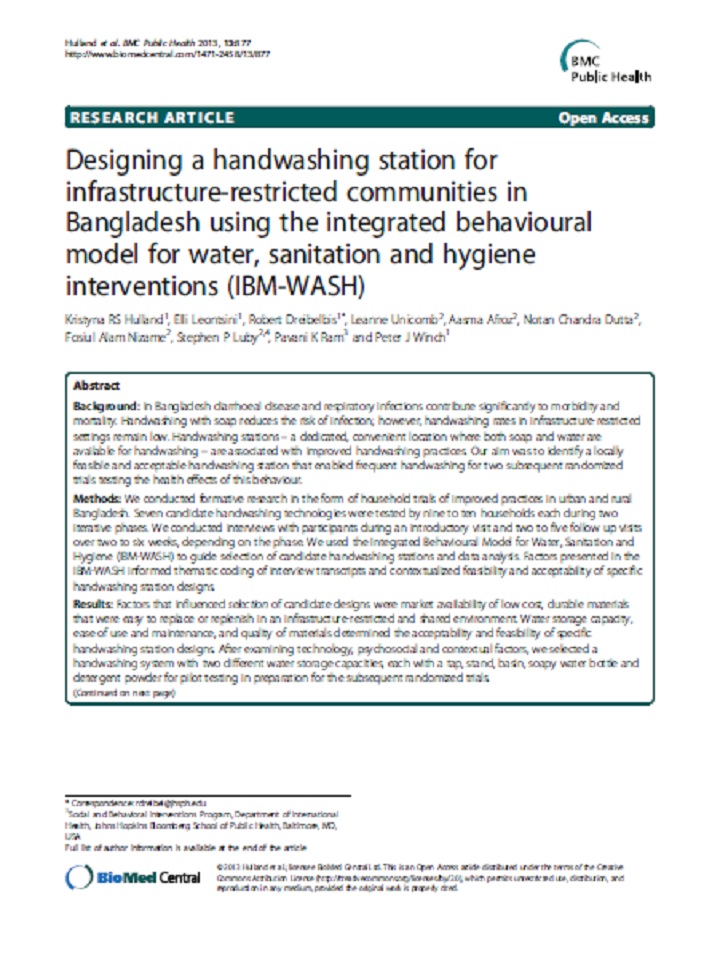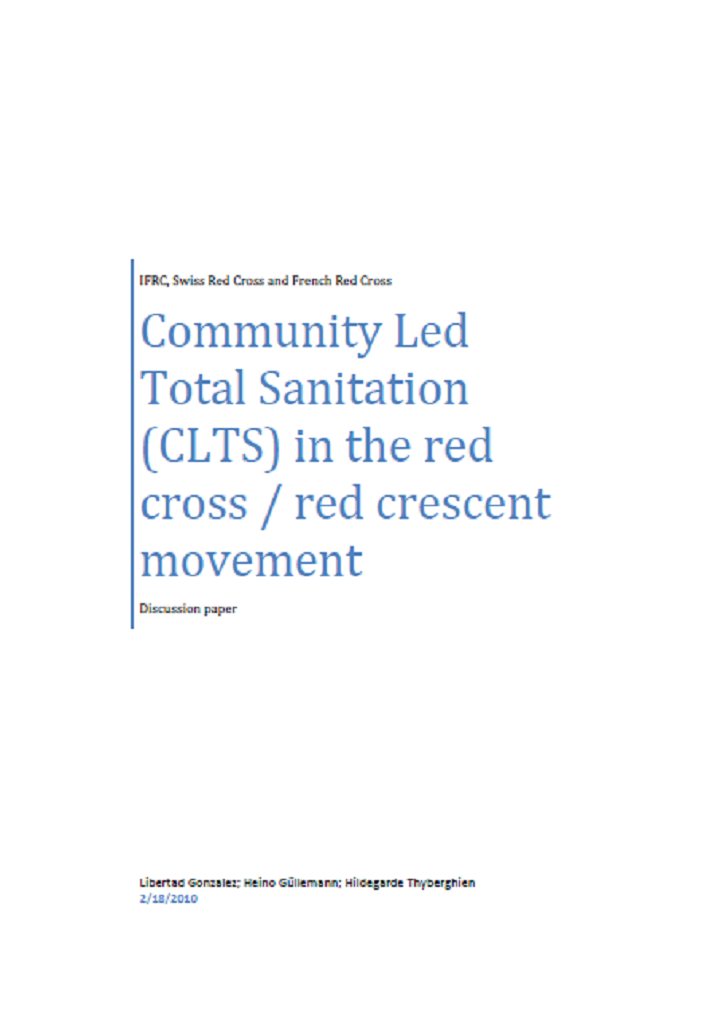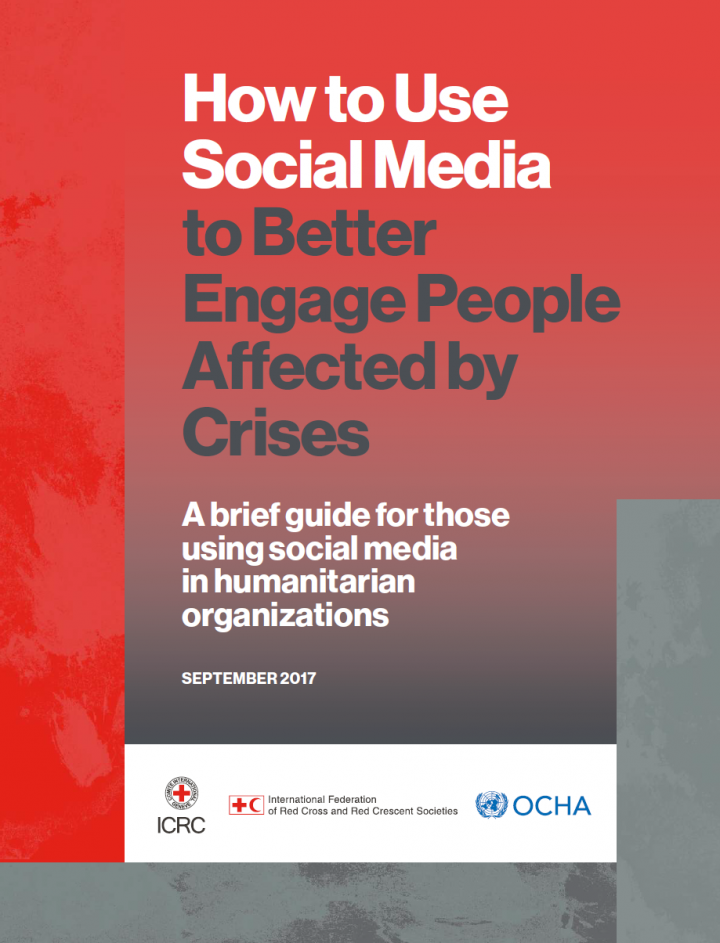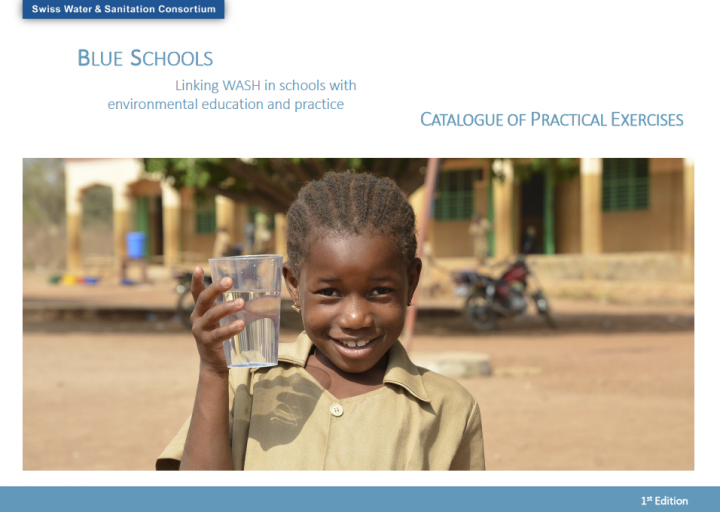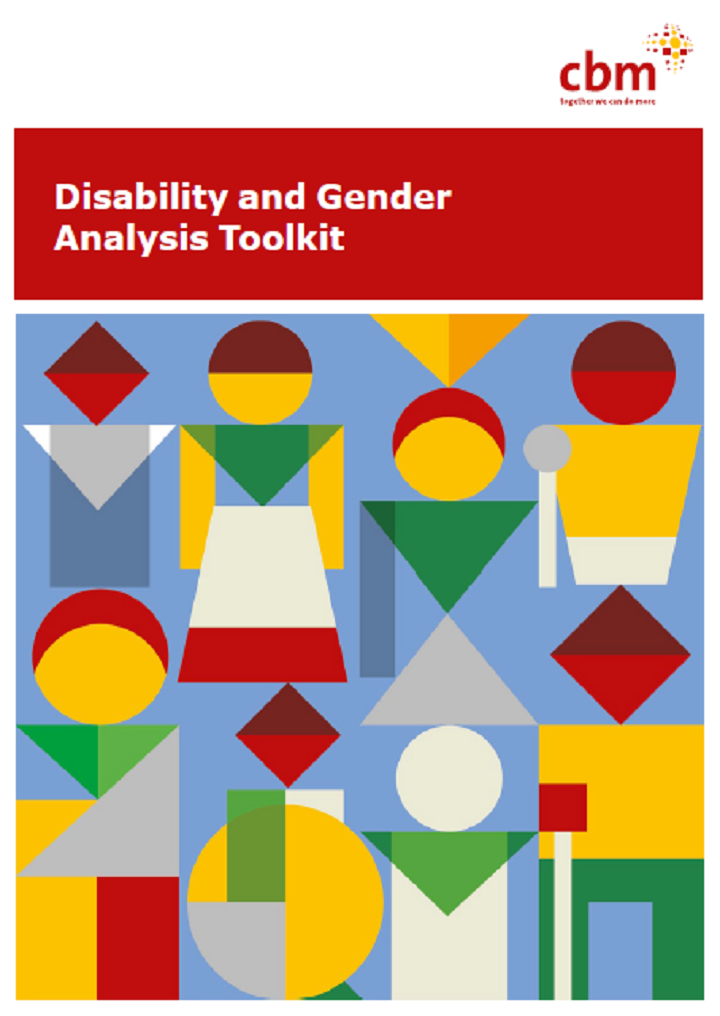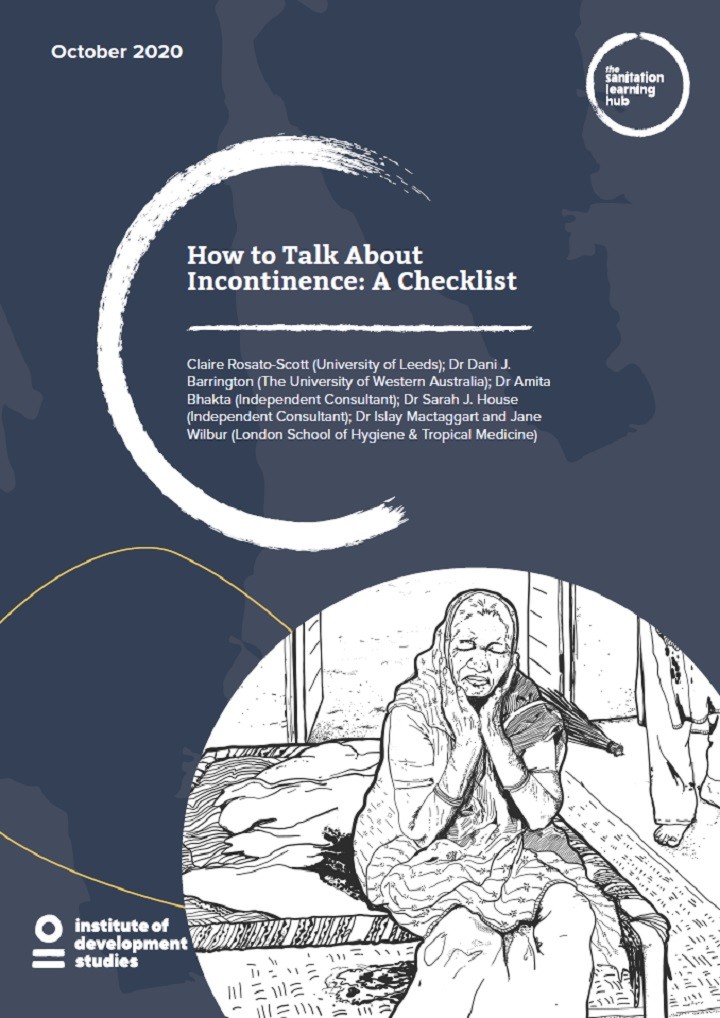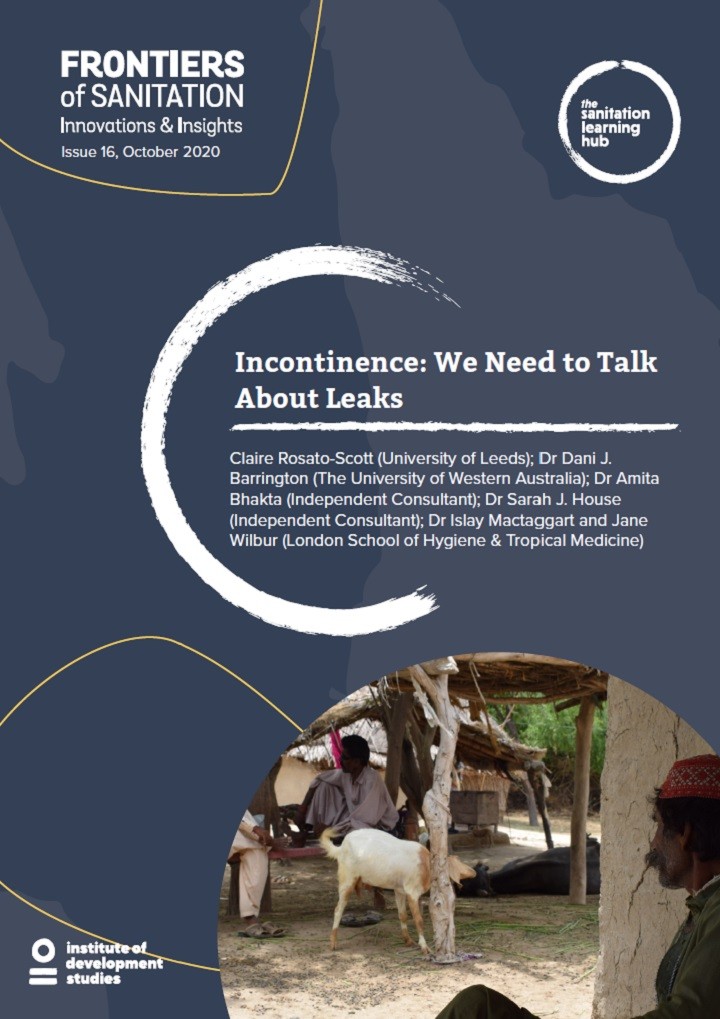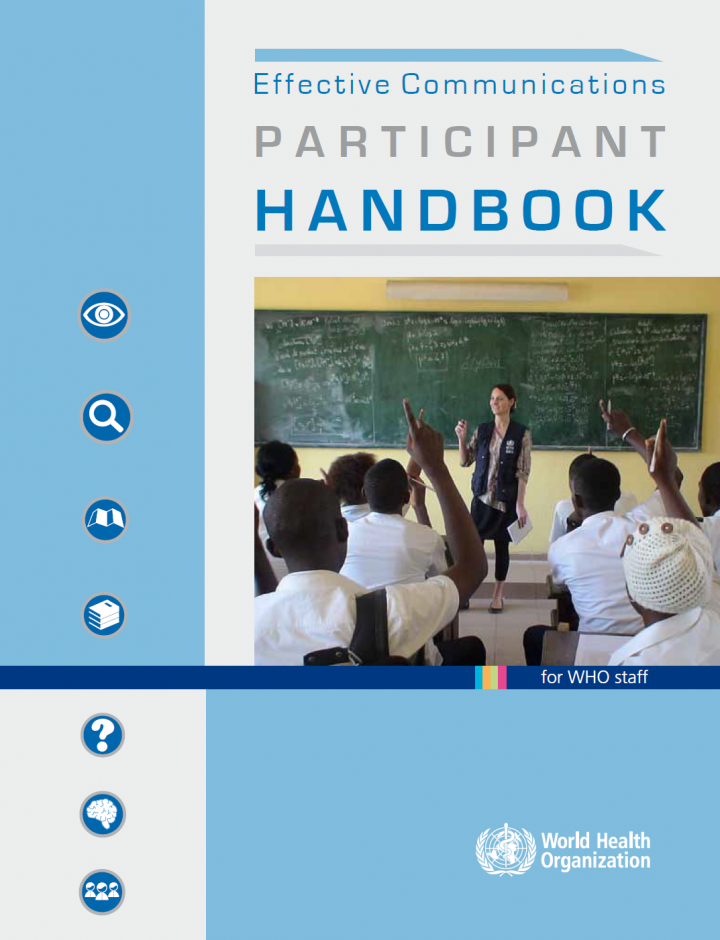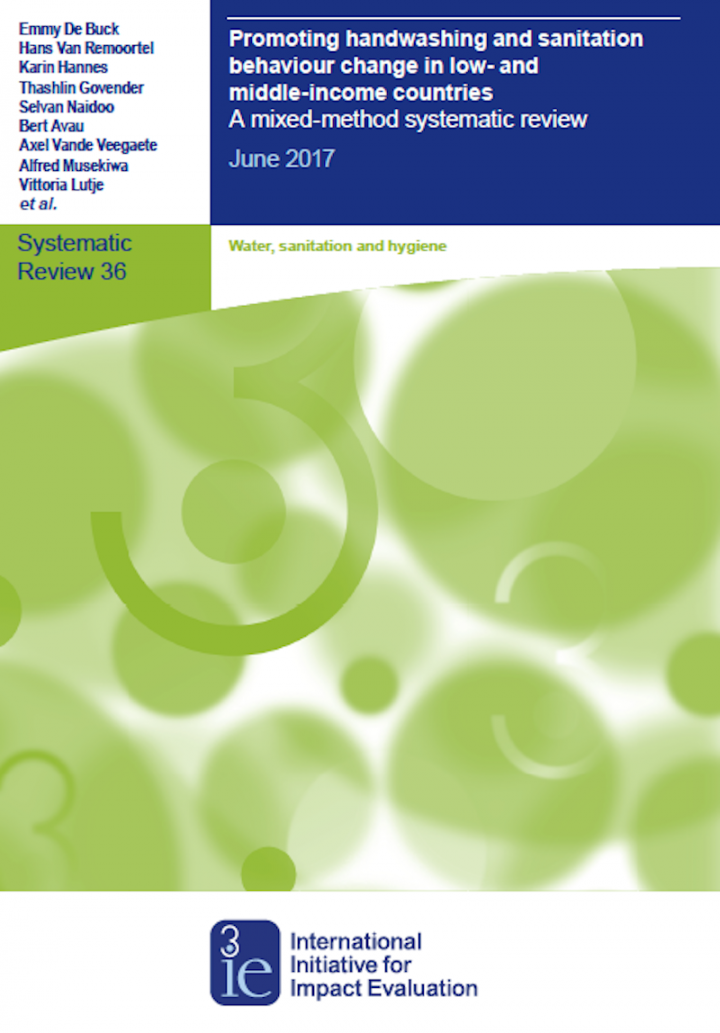Searching for information on Sanitation Workers?
The Sanitation Workers Knowledge + Learning Hub is the best source for all current news, trends, articles and updates on sanitation workers rights around the world.
Singair Municipality is situated within the Singair Sub-District (Upazila) in Manikganj District (Zila), which is under Dhaka Division. The geographical coordinates of Singair are between latitudes 23°44' N and 23°52' N and longitudes 90°04' E and 90°16' E. The municipality is bounded on the north by Talebpur union, on the south by Charigram and Sayasta union, on the east by Joymontop union, …
German-supported projects in Nepal, Albania and the Philippines are involving local social media influencers and celebrities to break down taboos around menstrual health and hygiene. To great effect! GIZ’s short film ‘Tackling Taboos’ has been nominated for the WHO film festival ‘Health for all’. Shortlisted out of more than 1000 entries, the film is in the final 70 — and the only one …
The NIRDPR in partnership with UNICEF, WaterAid and other development partners had conducted a 3-day National WASH Conclave “WASH Forward: Advancing Water, Sanitation and Hygiene in Panchayats” during February 23-25, 2022. Over 3000 participants including representatives from the Ministry of Jal Shakti, Ministry of Panchayati Raj, officials from the state and district …
Menstrual Health & Hygiene Management (MHH) is a topic of concern for health, education, human rights, water, and sanitation sector. In Pakistan, more than 42 million (roughly 22%) girls aged between 10 to 19 years are at menstruation age1. Pakistan has the world’s second-highest number of out-of-school children with an estimated 22.8 million children, of which the majority are girls. The net …
Globally, at least two billion people use a drinking water source contaminated with faeces1. As result of microbial contamination with faeces, it poses the greatest risk to drinking-water safety. In 2010, the UN General Assembly explicitly recognized the human right to water and sanitation. Everyone has the right to sufficient, continuous, safe, acceptable, physically accessible, and affordable …
The GIZ Programme Water Supply and Sanitation for Refugee Settlements and Host Communities in Northern Uganda (WatSSUP) operates on the nexus of humanitarian and development work and focuses on both refugee and host communities. The programme is implemented under the special initiative on forced displacement of the German Federal Ministry for Economic Cooperation and Development (BMZ). This is in …
It is now globally recognized that sanitation workers face a fatality risk that is 10 times higher than workers in all other industries, and their injury risk is 2.5 times higher than that of miners. Pakistan is the most urbanized country in South Asia and most of the urban population resides in 10 large cities of which five are in the province of Punjab. In Punjab province, these big cities are …
Behaviour change initiatives are fundamental to achieving project objectives through the reinforcement of positive practices, the identification of new or alternative practices and the promotion of structural changes of specific psychosocial variables such as knowledge, attitudes, behaviours and social norms. The behaviour change process can be divided into two aspects: initiating behaviour …
This is the second edition of The Johns Hopkins and International Federation of Red Cross and Red Crescent Societies Public Health Guide for Emergencies, a textbook that has been widely used in the classroom and the field. We are excited with the production of this second edition which captures both the experience of the Federation and the academic public health perceptions of Johns Hopkins …
Sampling is the process of selecting units (i.e. a sample) within the wider population of interest, so as to be able to make inferences and estimate characteristics and behaviour of the wider population. Sampling is different from census which is when every single unit within the wider population of interest is covered for the research. A complete census is often not practical or possible in a …
In 2015, after a decade of approaching rural sanitation by subsidizing latrine construction with minimal results, the Government of Senegal launched a new strategy for rural sanitation defined by a transfer of responsibility for the acquisition of sanitation services to communities. This created an opportunity for market-based approaches for increased sanitation outcomes. In line with this …
This feedback starter-kit responds to key questions and provides the most important tips for setting up and running a simple feedback mechanism. The kit includes an overview of templates containing the necessary basic elements to implement and run a feedback mechanism. All tools can be found under the 'related resources' section of this page.
In Bangladesh diarrhoeal disease and respiratory infections contribute significantly to morbidity and mortality. Handwashing with soap reduces the risk of infection; however, handwashing rates in infrastructure-restricted settings remain low. Handwashing stations – a dedicated, convenient location where both soap and water are available for handwashing – are associated with improved …
PHAST shares the same participatory learning principles as CLTS, which aim at gaining self-esteem, believing in people‟s ability to solve basic problems with their own resources. PHAST and CLTS also have in common the technical scope in their original conception, since both have been designed to focus on sanitation issues in rural communities. However, PHAST in Red Cross / Red Crescent has been …
What's in this guide? Online communication platforms have become a lifeline for millions of people affected by natural disasters and armed conflicts: social media and messaging apps help maintain contact with family and friends, and provide access to information, such as where to find food, shelter or medical assistance. This information can directly influence how people prepare for, respond to …
A Blue School offers a healthy learning environment and exposes students to environmentally-friendly technologies and practices that can be replicated in their communities. It inspires students to be change agents in their communities and builds the next generation of WASH and environment sector champions.
The Catalogue of Practical Exercises aims to inspire teachers with hand-on and low cost …
Incontinence – the involuntary loss of urine or faeces – is a global health, protection and social care challenge that has a significant impact on the quality of life of people that experience the condition, and those who care for people that do. This issue of Frontiers of Sanitation aims to provide the water, sanitation and hygiene (WASH) sector with:
• A basic introduction to …
Diarrhoeal diseases are very common causes of death in low and middle-income countries. The aim for this systematic review was to show which promotional approaches might change handwashing and sanitation behaviour, and which implementation factors affect the success or failure of such promotional approaches.

